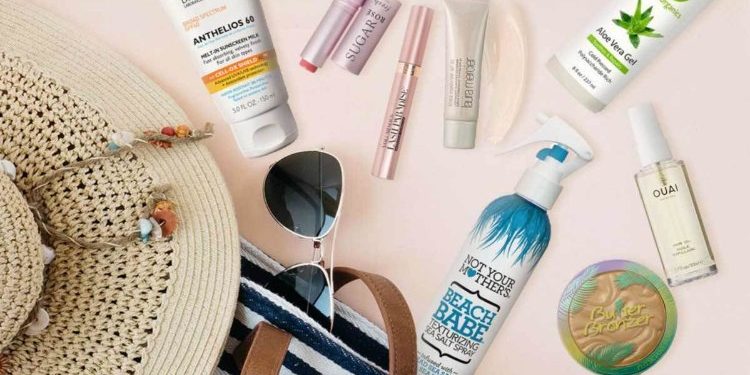The fact is that most health and beauty products are packed with chemicals, synthetic preservatives, fragrances, alcohols, and other chemicals that will harm your skin. But when there is a price to be paid for staying healthy. You need to know what these products contain before you buy them. So it’s up to you to do your own research and find out what you are putting on your skin.
For example, did you know that many of these chemical-laden products contain mineral oil or paraffin wax that clog pores, leave acne scars, cause rosacea and irritate the sensitive skin that surrounds the mouth? Then there are the alcohols that are used in the fragrance of many skincare products. Alcohols, which are mostly found in antiperspirants, strip the natural oils from your skin and so strip away the healthy nutrients that our bodies need.
Skincare products containing these chemicals need to be avoided. They should be relegated to the dustbin of unused products. Instead, you need products that promote healthy aging, healing, and brightening of the skin. You need natural ingredients, as I stated above. You also need to plant-based oils, emollients, and extracts.
Plant-based oils are very healthy for you, as they contain no harmful chemicals. Avocado oil is especially wonderful for your skin because it contains the vitamins that you need to keep it moisturized, as well as essential fatty acids that keep it looking soft and supple. Macadamia oil is a close runner-up. Shea butter, the most common moisturizer, is the best moisturizer for dry skin, but it is a little too oily for most people. So, use Shea butter in its natural state, or apply it with a small brush to help seal in its natural moisture. If you want an oil that can be used both on dry and oily skin, look for natural grape seed oil.
Emollients and moisturizers are what keep your skin smooth and supple. So, look for products that contain this ingredient, such as olive oil, jojoba oil, or even soybean oil. If you have oily skin, don’t use mineral oil. Mineral oil clogs the pores and can cause blemishes. Instead, choose an emollient that will soften the skin and reduce the appearance of blemishes.
Water is another fundamental component of a healthy and beautiful lifestyle. Make sure that your products contain enough water to ensure that you stay hydrated all day long. If you tend to skip breakfast or lunch, drink more water to replenish what you have lost during the day.
Of course, the single most important factor in determining your healthy complexion is diet. Drink plenty of water each day and eat fresh fruits and vegetables. Cut out unhealthy fats and sugars and get plenty of antioxidant-rich foods, such as blueberries, blackberries, and cherries. Include plenty of whole grains, which are healthier options than processed grains. Exercise regularly and get plenty of sleep. These things, along with a healthy diet and quality skincare products, will give you a glowing complexion for years to come.
Not only do editors have to survive on their paycheck, but they must look great all the time. To get through the workday looking fresh and radiant, editors must have natural facial products that are free of allergens and irritants. Some editors must use moisturizers and sunscreen, especially during the hotter months. Always read the label to make sure that you’re using an effective moisturizer and sunscreen that won’t irritate your skin.
While facial creams and lotions are great at removing makeup, keeping the skin hydrated, and improving tone, they can be harsh on the skin. For this reason, a great moisturizer for the face is water-based or oil-free. Oil-free products are lighter, but they’ll also keep the skin hydrated throughout the day. Always read the label and don’t buy anything with perfume or other chemicals.
While the editors may love cosmetics, the health and safety of the customer are always the top priority for them. When it comes to skincare, health editors require a broad range of cleansers and moisturizers, as well as sunscreens. As for the makeup, editors must ensure there’s enough SPF to protect the face from the sun’s rays. Lipsticks and eye shadow came in a variety of colors and mixtures, so they must be used with caution. Cosmetics, in general, should be used as little as possible, unless specifically instructed by the beauty trainee.
Beauty and skincare trainees are subjected to a lot of testing, so they must have the best in mind when selecting beauty products. They need skincare products that won’t irritate the skin or cause rashes. editors must be sure that their beauty and health editors want to spend more than necessary on a product. Reading the label, familiarizing themselves with the ingredients, and asking a lot of questions won’t hurt.






























